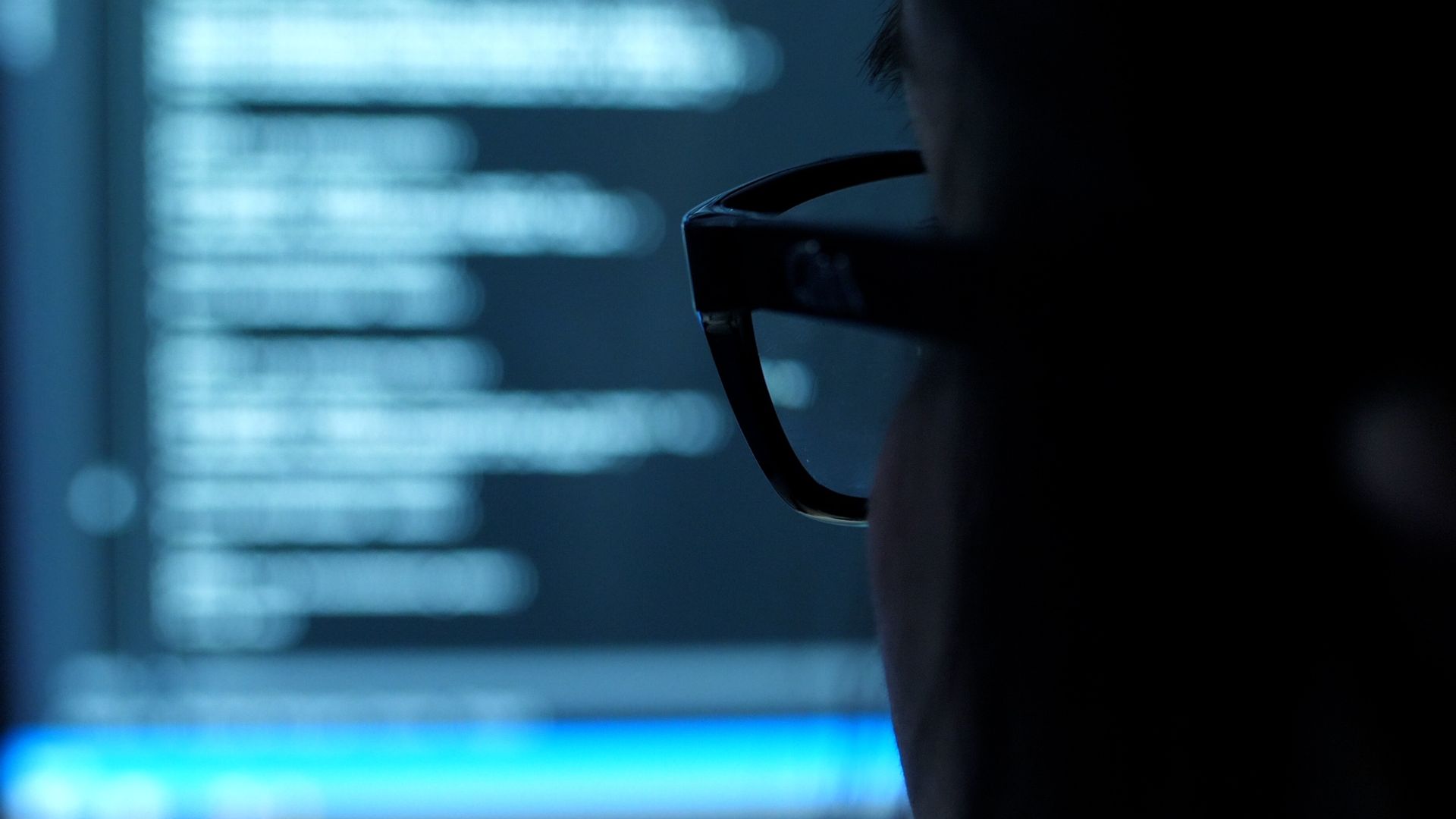
[RAY BOGAN]
The debate over TikTok in Congress has brought data collection and storage to the forefront of the national conversation. Lawmakers expressed serious concern that the Chinese government could access American’s data.
But the US government does something similar during criminal investigations and it’s often than the target of the warrant to not know. So a bipartisan group of lawmakers introduced a bill to rein in the practice to make sure it isn’t abused.
Here’s how it works:
The government can obtain a warrant requiring electronic communications service providers like Verizon and AT&T to hand over their customers’ personal records. If the government believes notifying the customer may jeopardize their investigation they can also get what’s called a non-disclosure order or NDO, which prohibits the company from informing the customer.
That is legal but NDOs were originally intended to be used in limited circumstances when investigations require secrecy; they are now used thousands of times per year.
[Rep. Jerry Nadler, D-NY]
“In the 21st century, federal prosecutors no longer need to show up to your office. They just need to raid your virtual office,” stated Rep. Jerry Nadler, D-N.Y., who sponsored the bill in the House. “They just need to go to the cloud.”
[RAY BOGAN]
The bill already passed the House unanimously, and it just got introduced in the Senate by Sens. Mike Lee, R-Utah, and Chris Coons, D-Del. who said in a statement:
[Chris Coons, D-Del.]
“The Fourth Amendment protects Americans from unreasonable searches and seizures, but individuals can only assert their rights if they are aware that their electronic records have been collected. The current bar for granting non-disclosure orders is too low.”
[RAY BOGAN]
The bill would raise the current standard of proof to get an NDO from “reason to believe” to “more likely than not”, which would require the government to show that a denial of the NDO request would have a specific adverse result. It would also require the government to state in the NDO application whether the target is aware of the investigation and whether the target is the person suspected of committing the crime being investigated.
[Sen. Mike Lee R-Utah]
Senator Mike Lee stated: “This bill strikes the right balance between protecting Americans’ privacy and providing needed transparency while allowing judges to grant non-disclosure orders when necessary to protect others from harm or preserve an ongoing investigation.”
[RAY BOGAN]
The bill passed the House unanimously in just ten days, but the Senate is likely to act much slower. As an example, the bill requiring TikTok to be sold by its Chinese parent company or be banned in the US passed the House in eight days but currently has no clear path forward in the Senate.











